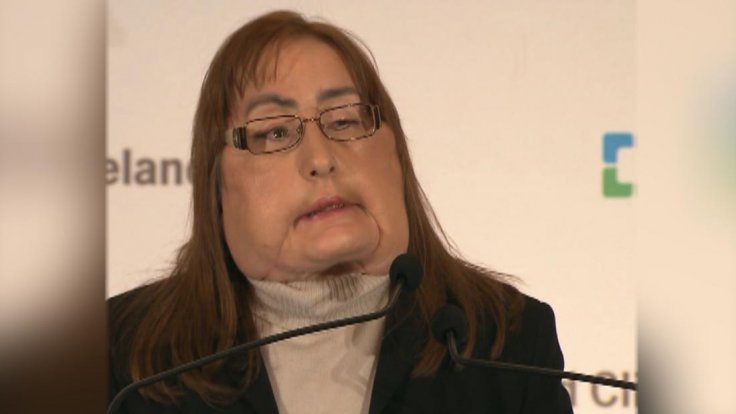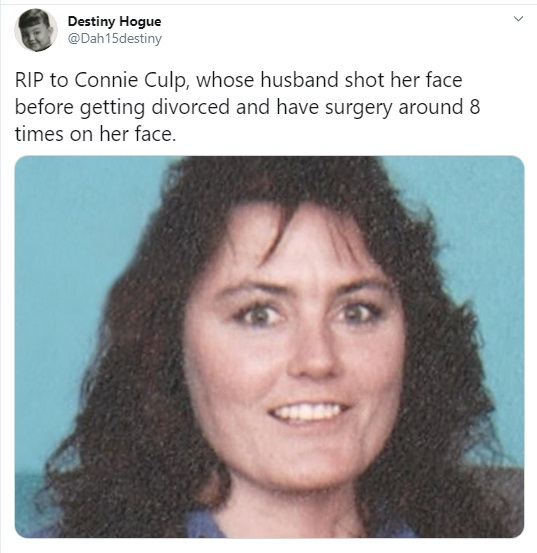The 57-year-old woman, Connie Culp, who was the person in the U.S. to receive a partial face transplant in 2008, has died from an infection-- almost 12 years after the groundbreaking surgery. The Cleveland Clinic-- where the face transplant operation took place-- said that Culp died on Wednesday, July 29, at the clinic due to an infection that was unrelated to the transplant.
Immunosuppressant drugs—which are prescribed to stop the body rejecting the implanted organ—can leave a patient vulnerable to infections and cancers. But in the case of Culp, whether such drugs caused the deadly infection, is yet to be revealed.
Connie Culp Was an 'Incredibly Brave' Woman

Dr. Frank Papay, who is the chair of Cleveland Clinic's dermatology and plastic surgery institute and was part of Culp's surgical team said she was an incredibly brave woman and became an inspiration to many. In a statement, Papay said, "she had been the longest-living face transplant patient to date."
It was in September 2004 when she was shot in her face by her husband, Tom Culp—who shot her from eight feet away. The gunshot damaged Culp's nose, cheeks, the roof of her mouth, and an eye. Only her chin, forehead, parts of her eyelids, and her lower lip were left intact. Her husband faced only seven years of jail term for attempted aggravated murder.
The Ohio woman, Culp underwent 30 surgeries to try to fix her face, doctors took parts of her ribs to recreate the cheekbones and fixed the upper jaw using one of her leg bones. She also had several skin grafts from her thighs. But despite all these, she was not able to eat anything solid and breathe her own or smell.
Later in December 2008, a few years after the horrific incident, Polish transplant surgeon Dr. Maria Siemionow led a team of doctors to carry out a 22-hour operation at the Cleveland Clinic to replace 80 percent of Culp's face with muscles, bone, skin, nerves, and blood vessels from a donor, Anna Kasper—who died of a heart attack. It was the world's first near-total face transplant.
After the surgery, even though Culp's expressions were a bit wooden and her speech was at times difficult to understand, she was able to talk, smell, taste her food, and smile again. In 2011, Dr. Siemionow said Culp had a normal face after doctors reworked on her face. Later, she appeared in many television shows and become an advocate for organ donation.











